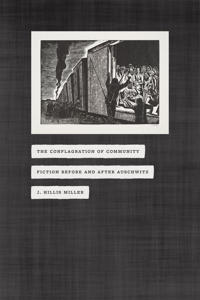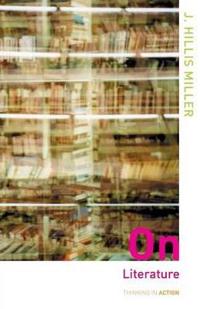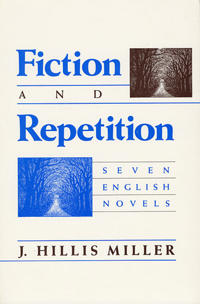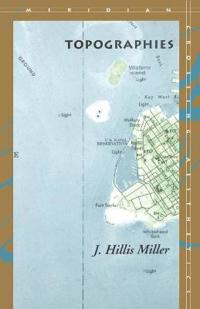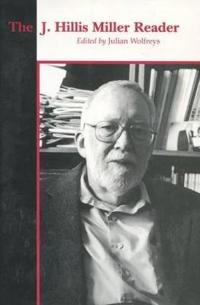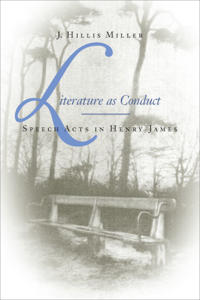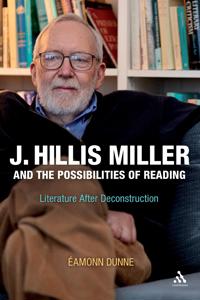The Conflagration of Community (Pocket)
avJ. Hillis Miller
ISBN: 9780226527222 - UTGIVEN: 201109"After Auschwitz to write even a single poem is barbaric". "The Conflagration of Community" challenges Theodor Adorno's famous statement about aesthetic production after the Holocaust, arguing for the possibility of literature to bear witness to extreme collective and personal experiences. J. Hillis[...]
On Literature (Pocket)
avJ. Hillis Miller
ISBN: 9780415261258 - UTGIVEN: 2002-07Debates rage over what kind of literature we should read, what is good and bad literature, and whether in the global, digital age, literature even has a future. But what exactly is literature? Why should we read literature? How do we read literature? These are some of the important questions J. Hill[...]
Fiction & Repetition - Seven English Novels (Paper) (Häftad)
avJ. Hillis Miller
ISBN: 9780674299269 - UTGIVEN: 198507Topographies (Pocket)
avJ. Hillis Miller
ISBN: 9780804723794 - UTGIVEN: 1995-01This book investigates a cluster of concepts that gather around the question of topography. They include the initiating efficacy of speech acts, ethical responsibility, political or legislative power, the translation of theory from one topographical location to another, the way topographical delinea[...]
The J. Hillis Miller Reader (Häftad)
avProfessor Julian Wolfreys
ISBN: 9780804750561 - UTGIVEN: 2005-02This anthology exhibits the diversity, inventiveness, and intellectual energy of the writings of J. Hillis Miller, the most significant North American literary critic of the twentieth century. From the 1950s onward, Miller has made invaluable contributions to our understanding of the practice and th[...]
Literature as Conduct (Häftad)
avJ. Hillis Miller
ISBN: 9780823225385 - UTGIVEN: 2005-09The work of a master critic writing at the peak of his powers, this magisterial book draws on speech act theory, as it originated with J. L. Austin and was further developed by Paul de Man and Jacques Derrida, to investigate the many dimensions of doing things with words in James' fiction. Three mod[...]
J. Hillis Miller and the Possibilities of Reading
ISBN: 9781441136398 - UTGIVEN: 2012-02J. Hillis Miller is undoubtedly one of the most important literary critics of the past century. For well over five decades his work has been at the forefront of theoretical and philosophical thinking and writing. From his earliest work with Georges Poulet and the so-called Geneva School, which int[...]

